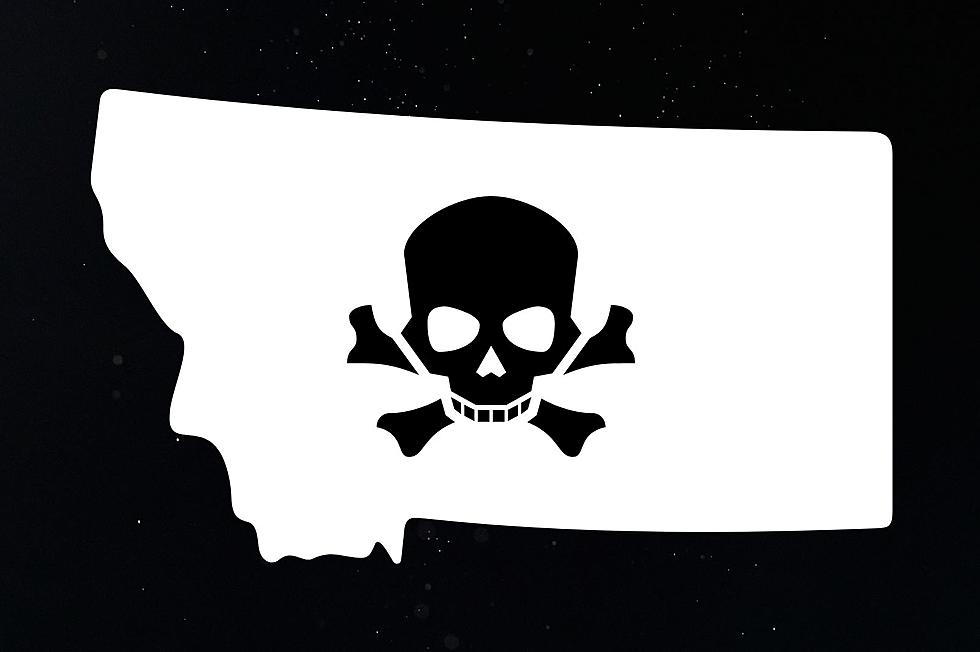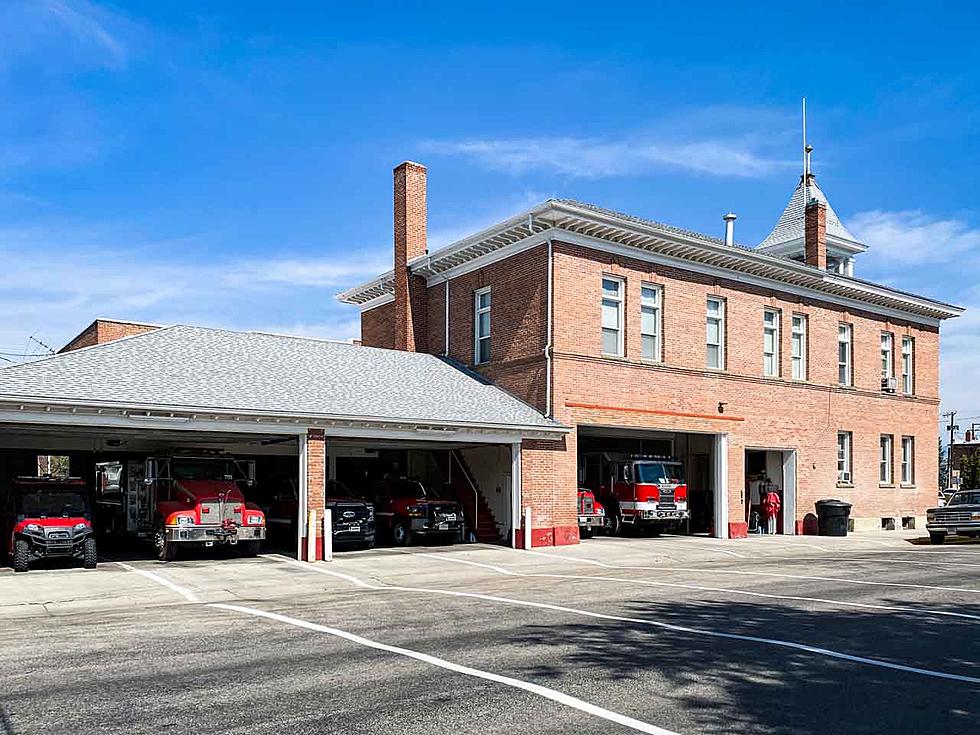
Montana Prison Will Cut This Basic Privilege—A Huge Mistake?
Montana State Prison is basically "home" to over 1,600 inmates. The crimes of these inmates vary, as does the level of security needed. Unfortunately, the state prison has run into a problem with security, and it's a big problem.
Recently, the Montana Department Of Corrections announced that they will be ending visitation to inmates INDEFINITELY starting October 31st due to staffing shortages. Only 1/3 of the 257 open positions have been filled.
Some may not see this as a bad thing; you could say, They did the crime they can do the time. Well, I can tell you why this is a less-than-favorable choice.
Studies from the National Institue Of Corrections, which is part of the U.S. Department of Justice, found that:
Imagine if we have these inmates that are going to be released back into Montana communities within the next few months, or a year from now (however long it takes to safely staff our state prison) and they have had no visitation from the "outside world". How will that affect their ability to operate as successful members of society?
Furthermore, the NIC states,
How will this affect how inmates reconnect with their families, friends, job prospects, etc.? Will this make every aspect of their return to normal life more challenging? What will it do to their mental health? It's quite concerning that there isn't a way the state prison can devise a calendar schedule that would allow for some type of (even limited) visitation.
Without visitation, what is the prison doing to try and compensate for the lack of in-person visits?
On top of the two free weekly calls that inmates already receive, they will be adding two free 20-minute video visitations a week. Is this better than nothing? Yes, but I will tell you, I hope there is a plan in place for when the video system is down and these inmates are not able to make their 20-minute video call.
Will this decision impact the future of released inmates? How will it affect the communities they're released into?
cc: National Institute of Corrections
Stars Who Were Convicted or Charged With Crimes
25 True Crime Locations: What Do They Look Like Today?
See 44 of the Longest Prison Bids in Hip-Hop History
More From The Moose 94.7 FM








